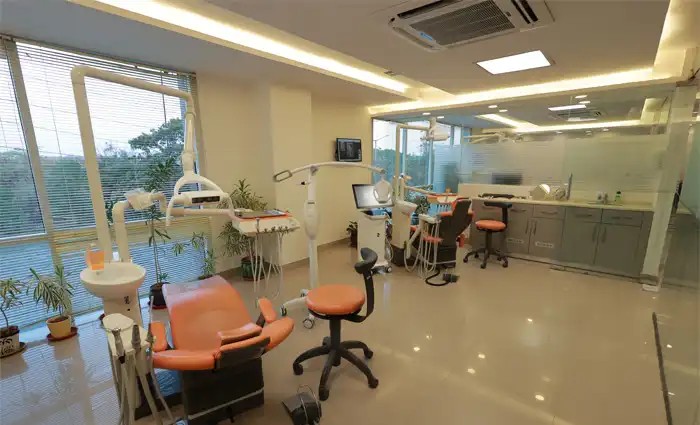Wisdom Tooth Removal
Wisdom teeth, also known as the third molars, are the last set of teeth to appear at the back of the mouth, usually in your late teens or early twenties. Most individuals have four wisdom teeth, with two located in the upper jaw and two in the lower jaw. But it is not unusual to have more, fewer, or even none at all.
Sometimes a wisdom tooth will erupt through the gum with no problems, but in other cases, it can cause pain by pushing against your gum or the tooth next to it. This condition is referred to as an impacted wisdom tooth.
When a wisdom tooth becomes impacted, it can be very painful and may even become infected. Since these teeth are so far back in the mouth, it is difficult to properly brush them. Bacteria and food particles can easily become trapped between the wisdom tooth and the adjacent tooth, which can result in tooth decay and the development of a gum infection known as pericoronitis.
Indications for Wisdom Tooth Removal
Your dental care provider might suggest the extraction of your wisdom teeth in the case of:
Impacted wisdom teeth
Crowding or shifting of other teeth
Infection or decay
Cyst formation
Pain or discomfort
Types of Wisdom Tooth Impactions
Various forms of wisdom teeth impactions include:
Soft tissue impaction
The available space is insufficient for the gum tissue to retract for proper cleaning of the tooth.
Partial bony impaction
The wisdom tooth can erupt but will cause issues with chewing and cleaning.
Complete bony impaction
The tooth does not have enough space to fully erupt in the mouth normally, so it remains embedded in the jaw bone or, if partly visible, certain advanced surgical methods may be required to remove it. It is also possible for an impacted wisdom tooth to be growing at an unusual angle, which makes extraction harder. This happens when the jaw bone and other facial structures are too small or shaped awkwardly, which makes it much tougher to get out.
The Wisdom Tooth Removal Procedure
After the initial dental consultation and examination, the dentist will:
- Apply local or general anesthesia.
- Cut the gum tissue to reveal the tooth and bone.
- Remove the bone that is blocking the way to the root of the tooth
- Break the tooth into smaller segments to ease the removal procedure.
- Extract the tooth.
- Clear the extraction site of any remnants of the tooth or bone.
- Close the wound with stitches for improved healing, if necessary.
- Place gauze over the extraction site to manage bleeding and promote blood clot formation.
Postoperative Care Following the Extraction of Wisdom Teeth
Your dental care provider will discuss with you the proper way to maintain your oral health following the extraction of a wisdom tooth. Here are a few general recommendations:
- Consider taking pain-relieving medication as recommended by your oral health provider.
- Bite down on the gauze to aid in stopping the bleeding.
- Avoid excessive rinsing, using a straw, or spitting to prevent disrupting the formation of or dislodging the blood clot.
- Hold warm, salty water in your mouth. It is recommended to do this after meals and wait for at least 24 hours after surgery before attempting it.
- Eat soft, easily chewable foods for the next few days to prevent food particles from accumulating in the area.
- Do not eat chewy, hard, or crunchy foods like dried fruit, candies, chips, etc.
- Refrain from smoking for 48 hours after your surgery.
- Refrain from consuming alcohol.
- Do not engage in intense physical activities.
Common Complications After Removal of Wisdom Teeth
Complications after wisdom teeth removal are rare, but they can still happen if the blood clots do not form properly or if the extraction site gets reopened. Here are the possible complications:
- Dry socket (the blood cannot clot at the extraction site)
- Oral infection
- Nerve damage
- Allergic reaction
Successfully recovering from wisdom tooth removal requires patience. Although you may face some discomfort and potential complications, it is important to remember that they are temporary challenges on your journey to full recovery. By following the personalized post-operative instructions, you can ensure a successful healing process. If you need any guidance or support tailored to your needs, contact Dr. Motiwala. Their expertise and knowledge will help you achieve optimal oral health.




